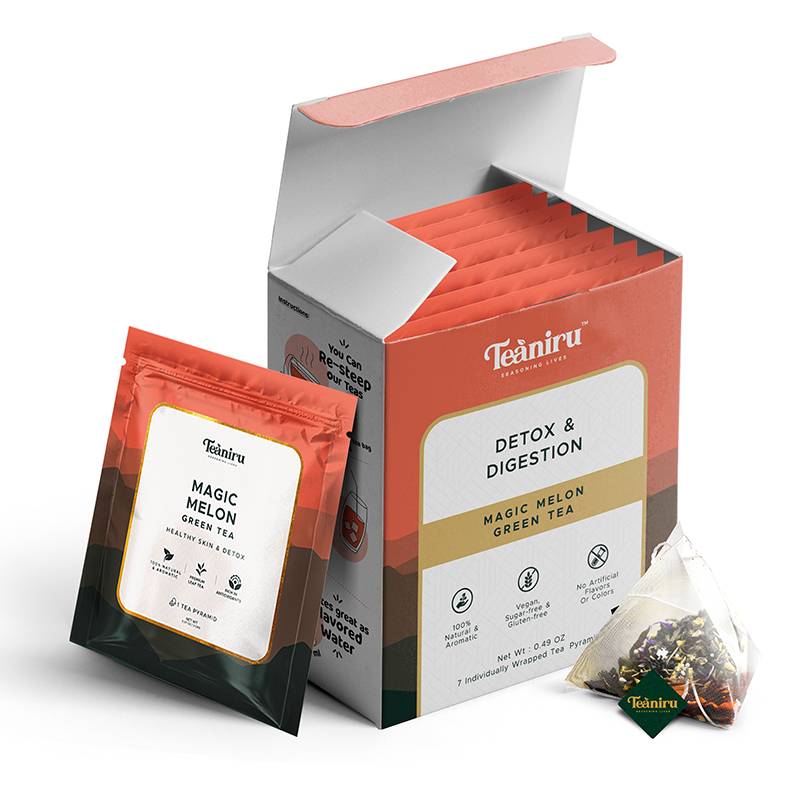Introduction:
Matcha has been lauded for its energy-boosting properties, but how you incorporate it into your routine matters. After drinking matcha daily for 30 days, I experienced noticeable benefits in the morning. However, drinking it at night led to unexpected side effects, such as sleepiness and slight nausea. Here’s what I learned from my 30-day matcha journey.
I Tried Matcha for 30 Days and Here’s What Happened:
For the first few weeks, matcha provided a smooth, sustained energy boost and improved focus. However, once I started drinking it in the evening, I began feeling sleepy, likely due to L-Theanine’s calming effects, which work best earlier in the day.
How Much Matcha Should I Drink in a Day?
1-2 servings (about 1 teaspoon per serving) per day is recommended for maximum benefit. Too much can lead to overstimulation or digestive discomfort, but the right amount offers clean energy without the crash.
When Should I Stop Drinking Matcha?
It’s best to avoid matcha after 4 PM due to its caffeine content, which may interfere with your sleep. If you’re caffeine-sensitive, drink it in the morning or early afternoon.
Why Do I Feel Sleepy After Drinking Matcha?
While matcha provides energy, the presence of L-Theanine creates a calm, relaxed state. Drinking it too late can lead to drowsiness rather than alertness, making it ideal for morning use.
Why Do I Feel Sick After Matcha?
Matcha contains tannins, which may cause nausea on an empty stomach or if consumed in excess. Consider drinking matcha with a light snack to avoid any discomfort.
Conclusion:
To fully enjoy the benefits of matcha, select a high-quality, first-harvest matcha powder from a trusted source. Premium matcha, especially from regions like Shizuoka, offers a smoother flavor and more potent nutrients, making it the ideal choice for your wellness journey. You can buy Ceremonial Japanese Matcha Powder from Teaniru here.











